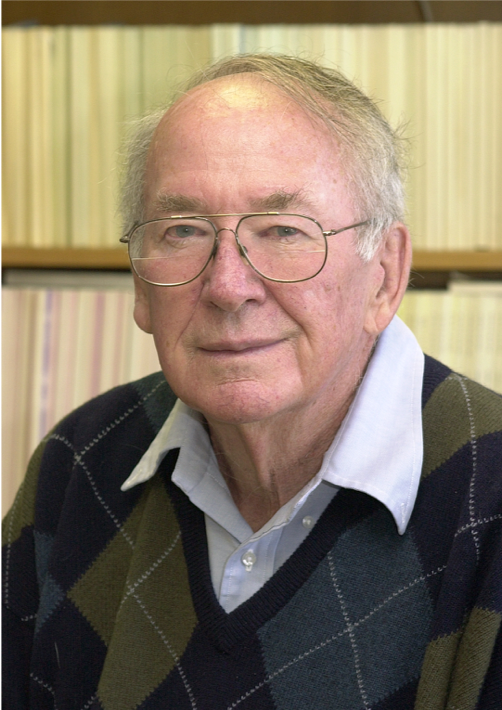Jubilee Fellow – 2015

Professor Norm Feather
BA, DipEd (Sydney), MA (UNE), PhD (Michigan), Hon DLitt (UNE), Hon DLitt (Flinders), FAPsS
2015 Reflections
I became a member of the Social Science Research Council (SSRC) in 1970. The SSRC became the Academy in July 1971 with Richard Dowling as the first president. My major research interests at that time were in the psychology of achievement motivation, expectancy-value theory, consistency theory, values, and lay theories of motivation about how people make causal attributions for outcomes.
In my early time at the Academy I took my turn in serving as chair of the psychology panel committee. I was also a member of the Membership Committee and the Executive Committee. I hesitate to single out key figures but Mick Borrie, Charles Rowley, and Peter Karmel come to mind in helping to shape the Academy and its activities in those days.
A highlight for me was being chosen to be a member of a delegation that went to China in 1980 to establish an exchange agreement. The visit took place at seminal time, just after the end of the Cultural Revolution in China. The delegation was led by Anthony Low who was vice-chancellor of ANU at the time. It also included Bernard Smith, Leonie Kramer, Eugene Kamenka, Bruce Miller, and John Dillon, and also Alan (AGL) Shaw who was the current president of the Academy. The delegation travelled all over China, meeting academics and giving lectures to large classes of students. The facilities were fairly basic. I recall giving a lecture on my research on values to a large assembly of students in a Chinese city (perhaps Wuhan) using a slide projector that kept on overheating.
The delegation spanned the social sciences and the humanities and we got along well together and formed friendships that continued over the years. I remember attending a reception and having our photo taken with a high level Chinese dignitary in the Great Hall of the People. The delegation succeeded in establishing an exchange agreement for a regular exchange program involving academics from China and Australia, one of many that subsequently came into being.
In the 1980s I contributed to the series of trend reports sponsored by the Academy by editing a book entitled Australian Psychology: Review of Research. Since then I have played a less active role in the Academy but I have always made a point of coming to the annual meeting of the Academy and supporting activities in Adelaide. Over the years South Australian fellows have played an important part in the Academy relative to their number. I think of Peter Karmel, Keith Hancock, Paul Bourke, Fay Gale, Leon Mann (Flinders then Melbourne), and Sue Richardson, all of whom became Presidents of the Academy.
The Academy contributes in many positive ways but I sometimes wonder if it is becoming too large and on how we can get more fellows to engage in its activities. Some may view their election as an honorific entitlement without much obligation. But it should be more than that.
I see the major purpose of the Academy as the promotion of distinguished scholarship in the social sciences, whether it be in basic or pure research, applied studies, or a combination of both. Clearly the Academy also has to connect with the policy makers who control the purse strings and on occasion provide a source of expert advice. We also need to become more visible to the general public and to the media, telling them what we do and what we find in our research.
I have ranged over many topics in my research, some of which I have already mentioned. I also conducted early research into the psychology of values, a relatively neglected topic in social psychology at the time. In the 1980s I also carried out research into the psychological impact of unemployment. Both of these programs led to books that continue to be cited .I continue to maintain an interest in both research areas. I have also contributed to the study of prejudice relating to indigenous Australians and gender.
I also initiated research on the common belief that Australians like to cut down tall poppies. That led me into the theoretical and empirical study of deservingness and entitlement, and the emotions that people report when outcomes are perceived as fair or unfair. That line of research has continued to occupy my interest since I retired from Flinders University in 2000. It is a new contribution to the psychology of justice.
What am I most proud of in my career? Apart from some of my contributions to social psychology, I am proud of my role in helping to establish psychology at Flinders University in a School that has now national and international significance.